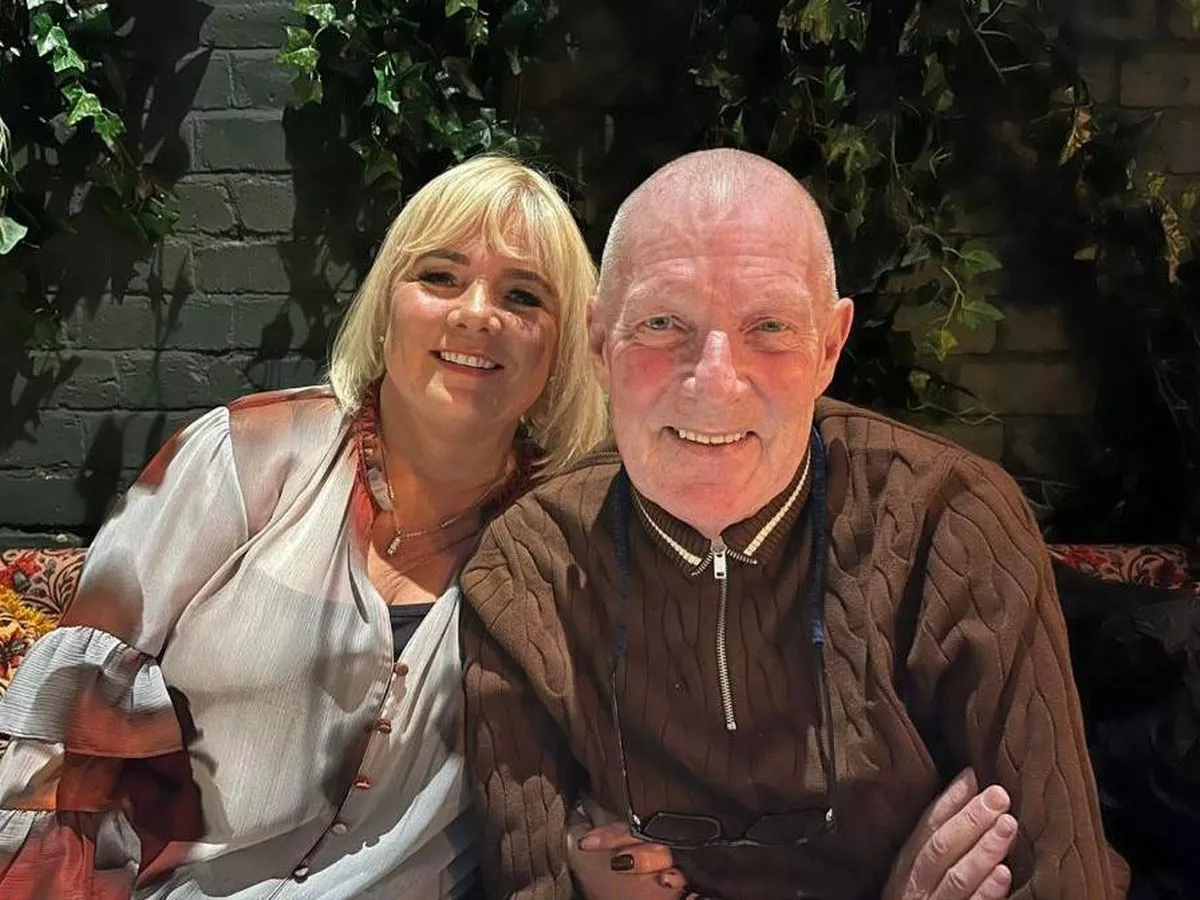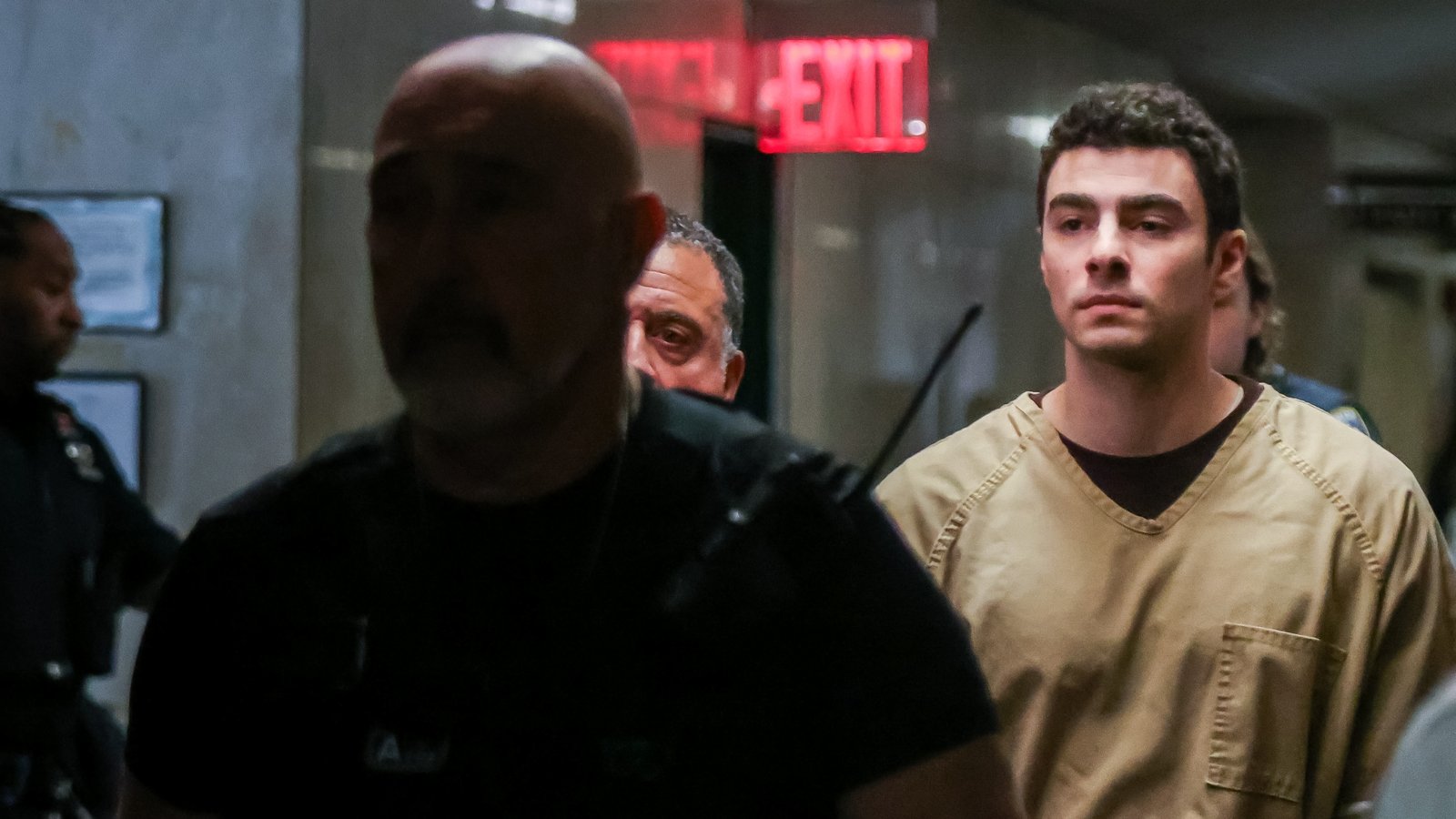
Parents often search for clear, black-and-white answers on how to raise their children, especially when they are faced with the profound challenges of raising a child with special needs. Unfortunately, I’ve found that life, especially life with autism, is mostly lived in a gray area.
My son Neil was born in 2001, two years after his typically developing sister. My daughter’s precocious development had me feeling confident in my parenting skills. Neil, too, started on a beautiful developmental path. But from the start, he struggled with a weak immune system, suffering from infections and viruses that made it impossible for him to stay in day care. I left my job to protect his health, and during that time, his development began to change. While he was still learning new things, his skills, including his language, began to regress.
At 18 months, Neil experienced a severe regression. He went from having about 20 words to having none. He could not even say “mama.” We were sent to the Cleveland Clinic, where he was diagnosed with mitochondrial disease, a genetic energy-production disorder that can affect all organ systems, including the brain. Our neurologist told us this type of regression was often seen in children with mitochondrial disorders. Not long after, Neil was also diagnosed with autism.
I was consumed by guilt, confusion, and fear. As I navigated complex medical systems and specialists, I learned that mitochondrial disease was genetic and that boys are at higher risk for autism. I read everything I could about these conditions. A public debate was then unfolding about vaccines as a cause of autism, which scientific research has since debunked. I knew my son had a genetic condition that made him more susceptible to autism so I didn’t want to take any chances with more vaccines.
When I was pregnant with my third child in 2003, another boy, I was terrified and still anti-vaccine (the autism-vaccine myth hadn’t yet been debunked). I wanted to do everything differently with him. I stayed away from all dietary concerns like gluten and casein and tried to give him the most essential nutrients possible.
Tyler was a robust, healthy baby. He developed quickly, right on track. He started babbling early, and we enrolled him in a Mass General Hospital sibling study where he was evaluated for signs of autism every three months. His team of doctors saw no signs of autism, but the signs of mitochondrial disease were there. Tyler followed his brother’s path, with a muscle biopsy confirming the disorder.
Despite his incredible eye contact and engagement, my gut instinct told me he would be diagnosed with autism. And I was right. At 17½ months, he was diagnosed. This early diagnosis allowed us to give Tyler the best interventions and intensive therapies possible. He had 30 to 40 hours of therapy a week, including speech, occupational therapy, and applied behavior analysis. His older sister taught him sign language, and our home was a revolving door of therapists. Tyler was immediately put on the same vitamin cocktail as his brother.
Doing what I thought was best at the time, due to the since-debunked link between autism and vaccines, Tyler didn’t have any vaccines, yet his trajectory followed Neil’s. My boys are both on the profound, high-needs side of the autism spectrum. Neil is completely nonverbal, while Tyler has some language (it came back around the age of 5½).
Our story is complex. I believe my sons’ autism is genetic, but I understand that there are parents with different beliefs about the causes of their children’s autism.
Tyler is fully caught up now on his vaccine schedule, and Neil is, too. They have both come so far with the support of their schools, family, and medical teams. Neil and Tyler are physically strong, but I will always need to protect them from viruses and diseases that could be devastating due to the underlying mitochondrial disease.
My family’s journey has shown me that the gray area of raising children with autism is not a place of division but of shared purpose. Society can do two things: We can acknowledge the experiences and fears of families by continuing to keep a wide lens on research, including genetic and environmental triggers for autism. Simultaneously, we must ensure that crucial federal funding for research and services continues, supporting our world-class academic medical centers and universities doing research in Massachusetts and providing Medicaid funding for the best treatments and support for individuals and families affected by autism.
Trump’s announcement about Tylenol causing autism will create harm as women with serious fevers try to “tough it out,” as he suggests, rather than treating the fever and thus protecting the fetus. Worse, he is creating guilt for some mothers of children with autism, who now will probably question if the much-needed acetaminophen they took at their doctor’s direction gave their child autism.
Let’s continue to support those who live with autism, their caregivers, the medical community, and our dedicated scientists. We must move forward with compassion and urgency in our understanding and support of the autism community.



